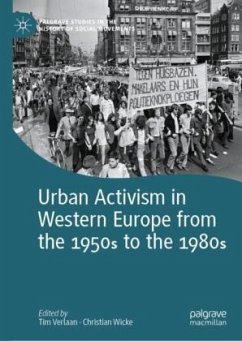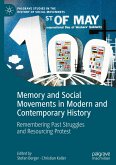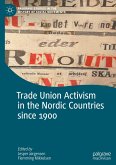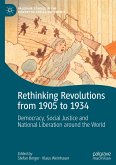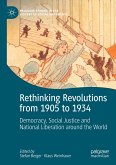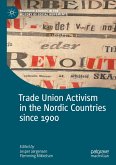Bringing together contributions from social, political, and urban historians, this collection examines social movements in Western European cities from the 1950s to the 1980s. Since their post-war recovery and reconstruction, cities in this part of the world underwent far-reaching societal transitions such as deindustrialisation and the rise of the service economy, the expansion and decline of local welfare regimes, suburbanisation and urban redevelopment, and the democratisation of urban politics. Indeed, the sources for urban activism have been manifold and the rehistoricization of this era through an urban lens is therefore valuable. The authors of this volume seek to provide a comprehensive and multifaceted understanding of how structural socio-economic, political, and cultural changes; ideological shifts; and urban spaces were intertwined in various place-dependent ways. By doing so, they offer fresh comparative and conceptual perspectives on urban activism. The book focuses on the 'long 1970s' - a structural break in time across the industrial West, which corresponded with the emergence of new social movements and an urban crisis that left a wasteland of abandoned factories, dilapidated workers' housing, and stalling redevelopment schemes in its wake. Addressing how the post-industrial revolution socially, ideologically, and physically manifested itself in the urban environment, this book provides useful insights for colleagues in the fields of urban history, social history, political history, and social movement studies.
Bitte wählen Sie Ihr Anliegen aus.
Rechnungen
Retourenschein anfordern
Bestellstatus
Storno

